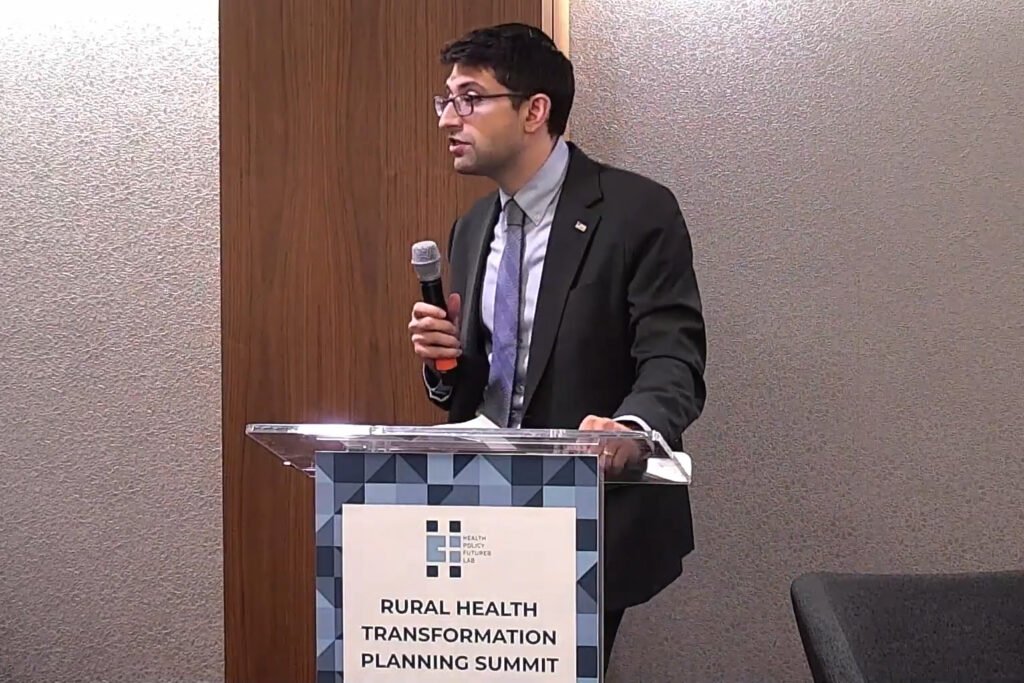Nationwide, states are in a race to secure their share of a new $50 billion rural health fund. Originally envisioned to assist rural hospitals, the focus is now shifting towards reshaping how healthcare is delivered in rural communities. Abe Sutton, the director of the Centers for Medicare & Medicaid Services Innovation Center, emphasized the need for applications that focus on rebuilding and reshaping healthcare delivery during a meeting in Washington, D.C.
The looming financial crisis faced by rural hospitals and clinics is exacerbated by the expected $137 billion cut in federal Medicaid spending over the next 10 years due to President Donald Trump’s tax-and-spending law. To address these challenges, Congress added a five-year Rural Health Transformation Program to provide financial assistance to rural healthcare providers.
However, tensions are rising between traditional healthcare providers and new technology-focused companies seeking to revolutionize healthcare delivery. The $50 billion fund will be divided among states based on specific criteria, with half distributed equally among all states and the other half awarded based on performance metrics aligned with the Trump administration’s healthcare objectives.
While concerns have been raised about the allocation of funds and the impact on rural hospitals, some experts argue that simply using the money to prop up struggling facilities is not a sustainable solution. Instead, innovative approaches from technology-driven startups like Homeward Health, which leverages artificial intelligence to provide care at home, are being considered.
The application process for the fund includes specific policy goals and investment strategies, such as remote care services, data infrastructure, and consumer-facing technology tools. States are creating stakeholder groups, seeking public input, and working with health agencies to develop comprehensive proposals for funding.
The ultimate goal of the Rural Health Transformation Program is to reimagine rural healthcare and address the challenges faced by rural hospitals and clinics. By fostering innovation and collaboration between traditional providers and new entrants in the healthcare space, the program aims to transform the delivery of healthcare in rural communities and ensure the sustainability of rural healthcare facilities.


